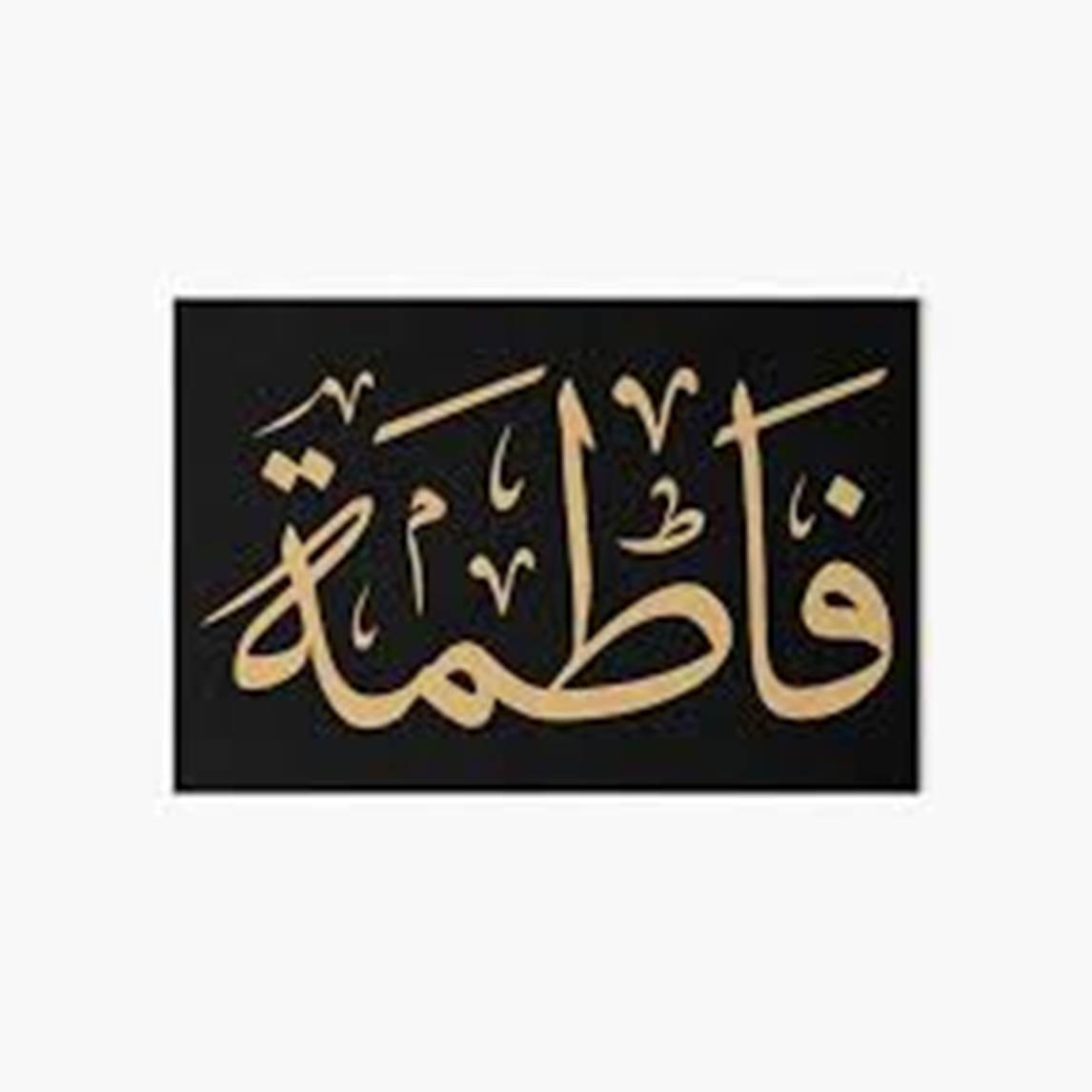

The poignancy of that linguistic legacy is amazingly so clear in the current situation: we Muslims have in our possession the world's perhaps the most pure, vibrant, unadulterated, rich and lively language - Arabic
Please Write Six Names, Will You?
By Abdul-Majeed Azads
Pasadena, CA
A few years ago, sI was on a working trip to Houston. I flew by Southwest both ways. On my return flight to LA, I picked up the in-flight magazine and read an amazing article, 'A Man of Letters'.
It was written by Tim Brookes - founder of the Forgotten Alphabets Project, who took upon carving in woods, in his sixties, the alphabets of foreign and forgotten languages of the world.
We write, he says, so we remember: shopping lists, memos, histories, even fiction and spiritual texts. The sheer act of writing carries the injunction: This is important.
The busier we are, and the more we have on our minds, the more likely we are to forget, so the more important writing becomes.
Is it any surprise, then, that humans are writing more now - emails, texts, Facebook posts - than at any other time in history?
Did we know that in the early 19th century, in an astounding act of persistence, imagination and courage, a Cherokee named Sequoyah invented a written version of his people's language?
The Cherokee became the first American Indian nation to adopt their own script, and they went from non-literate to literate in a single decade. Soon, a variety of publications, including Bibles, prayer books, and newspapers were printed in Cherokee by a missionary named Samuel Worcester.
But just as this extraordinary transformation was taking place, the 1830 Indian Removal Act was passed. The Cherokee were driven from their homelands in Georgia and Carolinas. Their printing press was seized, and the Cherokee type was destroyed. Their only path to literacy was through white schools, where even speaking their mother tongue was often forbidden.
But Sequoyah's syllabary survived in those Bibles and prayer books, and at the end of the 20th century, a revival of the Cherokee language began. Today, Sequoyah's invention still speaks so strongly to the traditional identity of the Cherokee that their art form often includes the characters he created.
In Tahelquah, Oklahoma - the site of the Cherokee National headquarters - the high school is named after him. The downtown post office is inscribed in both English and Cherokee Wheelchair access and tobacco-free signs around the old courthouse are also in both languages, and the front window of the Bank of America features a message in Cherokee!
It does not matter that most people (even most Cherokee) can't read it. But it does beckon: don't forget, this is who we are!
Absorbing all this, invigorated me to start something that is so fitting in the current social, political and religious quagmire that as Muslims we face everyday!
First, the onslaught by the far-right and alt-right groups across the globe on Islam is due mainly to ignorance and then some sheer xenophobia. It has made us fear for our faith and life both.
Then there is this second but more lethal attack by the fanatically myopic ideologues such as Al-Qaeda, ISIS/ISIL, Al-Shabab and their off-shoots, that has made Muslims a pariah nation around the world!
We are asking more frequently what can we do to change the perception of the world towards us?
Can we all draw inspiration from Tim Brookes' story about Cherokee?
The poignancy of that linguistic legacy is amazingly so clear in the current situation: we Muslims have in our possession the world's perhaps the most pure, vibrant, unadulterated, rich and lively language - Arabic.
On top of that, we have also inherited the most unique style of writing in accordance with the precepts of our faith.
Calligraphy - an art form that uses only geometrical shapes without using any resemblance to human or animal face or figures.
This uniqueness has become the basis of some of the most elegant and inspirational architectural designs all over the world.
No inheritance could be more powerful than this divine gift, only if we could imagine its potential.
What better way then for us, I asked myself, than to write the names of our colleagues, co-workers, friends and neighbors in Arabic and, give to them as a simple, imperceptible yet most tangible gesture of a heartfelt personal bonding!
What else could be a better appreciation of the phrase 'six degrees of separation'!
The remarkable concept of six degrees of freedom is a theory that everyone in the world is six or fewer steps away from another person by way of introduction. This idea was proposed by the Hungarian journalist and poet Frigyes Karinthy in 1929, when the estimated world population was only about 2 billion.
Notwithstanding that eighty-eight years ago, people didn't have bullet trains, supersonic jets, sophisticated supercomputers, fast internet, smart phones, hybrid cars, Facebook or Twitter, the accuracy of six degree of separation theory is mind-boggling.
Today, planet earth is 7.2 billion humans strong. About 1.2 billion people identify themselves as Muslims: exactly one-sixth of the world population!
What does it mean? It means that, every sixth person you meet on this planet would most likely be a Muslim.
Let us reverse this theory for a moment now.
Imagine, I asked myself, if each Muslim wrote the names of just SIX of his/her colleagues in Arabic, we would reach the entire humanity!
Let's get on with it, then, shall we??

